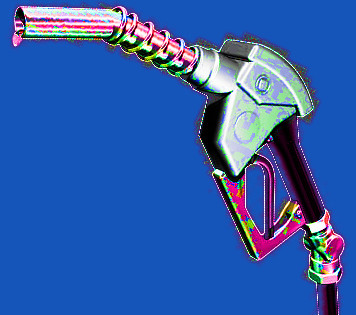Australia shoots for Japanese hydro
 Japan is pushing to become the world’s first hydrogen-fuelled nation, and Australian companies are eager to help.
Japan is pushing to become the world’s first hydrogen-fuelled nation, and Australian companies are eager to help.
Norway and Australia are racing each other for Japanese hydrogen fuel supply deals, with Australia pitching plans to derive liquid hydrogen from brown coal.
Norway, meanwhile, could streak ahead in the race with a cheaper, cleaner pilot project to produce the fuel using renewable energy.
Japanese Prime Minister Shinzo Abe says the nation will become a “hydrogen society”, pushing a vision of vehicles, houses and power stations using hydrogen to end its energy crisis.
Japan’s power sector has been in tatters since the 2011 Fukushima disaster, which led to a dramatic drop in electricity production from its dozens of nuclear plants.
But the country’s industry ministry says its annual hydrogen and fuel cell market is forecast to hit 1 trillion yen ($12 billion) in 2030.
Kawasaki Heavy Industries (KHI) is working a supply chain for the new fuel, which will be on show at Tokyo’s 2020 Olympic games.
KHI has been looking at an Australian plan to use brown coal, in a process where it is converted to gas for processing to remove sulphur, mercury and carbon dioxide, leaving hydrogen.
But a Norwegian plan is expected to be more appealing, using renewable power for high-temperature electrolysis to split water into hydrogen and oxygen, powered by hydro-electric dams or wind farms.
KHI has teamed up with Norway’s Nel Hydrogen, whose market development vice-president Bjorn Simonsen has told Reuters will deliver liquefied hydrogen to Japan for a minimum 24 yen per normal cubic metre (Nm3).
KHI estimates that hydrogen from Australia will cost about 29.8 yen/nm3.
“The Victorian and Commonwealth Governments have been working with KHI on an engineering study into the possible production of hydrogen from Victorian brown coal,” Victoria’s resources minister, Wade Noonan, told Reuters.
The government is waiting for KHI's results, he said.
The Japanese government has budgeted 4.7 billion yen for KHI’s Australian initiative, as part of 22 billion yen it has put into hydrogen initiatives.








 Print
Print